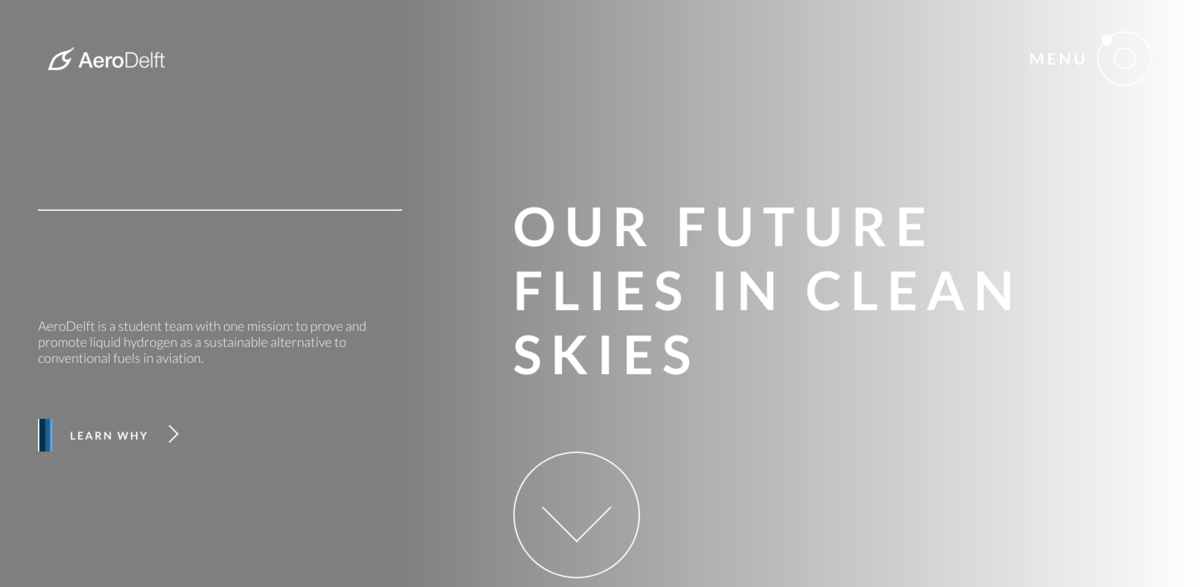What is the AeroDelft Project?
AeroDelft stands as a pioneering student team from TU Delft with a singular mission: to prove and promote liquid hydrogen as a sustainable alternative to conventional fuels in aviation. Recently, the project made headlines with a BIG BREAKTHROUGH for AeroDelft – the first student team in the world to successfully test a liquid hydrogen-powered aircraft propulsion system. Following their initial success with gaseous hydrogen, this new milestone pushes forward the vision of an emission-free future in aviation. The achievement, conducted in collaboration with TNO at their liquid hydrogen facility in Ypenburg, The Hague, highlights the long nights, relentless dedication, and innovative spirit of these young engineers. Their work is not just about technical accomplishment; it is a bold step towards reshaping the future of sustainable aviation… all while inspiring future innovations across the globe.
Main Benefits and Key Figures
- First student team worldwide to successfully test a liquid hydrogen-powered aircraft propulsion system.
- Collaboration with TNO at their state-of-the-art liquid hydrogen facility in Ypenburg, The Hague.
- Project Phoenix features a full-scale 1-seater Sling 4 aircraft, with a maximum take-off weight of 920 kg and a wingspan of 10 m.
- Integration work began in July 2021 upon receipt of the Sling 4 kit, marking the start of a new era in flight tests.
- A commitment to sustainable and emission-free aviation, setting a benchmark for environmentally friendly propulsion systems.
Project Phoenix in Detail
Project Phoenix is the tangible embodiment of AeroDelft’s dedication to sustainable aviation. The full-scale Phoenix, a 1-seater Sling 4 aircraft, has been designed to integrate all the vital systems necessary for safe flight. With a maximum take-off weight of 920 kg and a wingspan stretching 10 m, the aircraft is not merely a proof of concept – it is a daring attempt to challenge conventional aviation norms. Since July 2021, the team has been meticulously working to integrate and perfect these systems, ensuring that every component, from the hydrogen propulsion to the intricate controls, works seamlessly. This journey reflects the vibrant energy of a crew determined to break away from the ordinary and innovate beyond tradition, pushing technical boundaries while embracing a future full of sustainable promise.
Mission and Vision
At its core, AeroDelft is driven by a simple yet revolutionary belief – sustainable aviation is the only way forward. The mission and vision are crystal clear: to prove and promote liquid hydrogen as a viable, eco-friendly alternative to conventional fuels. This is not just about flying an aircraft; it’s about leading a revolution in reducing emissions and paving the way for cleaner energy solutions in the transport sector. There is an evident passion for turning ambitious ideas into reality, ensuring that every experimental success fuels the broader goal of a greener and more sustainable future in aerospace.
Latest Partnerships and Opportunities
AeroDelft’s network of partners plays an indispensable role in the project’s ongoing success. With many esteemed partners offering invaluable knowledge, expertise, material support, and financial resources, the project is fueled by collaboration and trust. This collaboration helps in refining the technology, testing new ideas, and bringing solid, practical innovations from the drawing board to real-world application. For those interested, further details about partnership opportunities are available online, providing a gateway for more industry experts to be part of this sustainable journey. The spirit of partnership reflects a collective drive to innovate and foster responsible change in aviation.
Additional Project Insights
Beyond the technical details and milestones, AeroDelft shares a broader message: student teams and emerging engineers can indeed be at the forefront of innovation. The success of the liquid hydrogen-powered aircraft propulsion test is a testament to youthful energy, resourcefulness, and the pursuit of high standards. It serves as a reminder that innovation does not always come from established giants; sometimes, it stems from curious minds incubated in academic environments. This project inspires not just future engineers, but also policymakers and environmental advocates, encouraging them to look at the potential of sustainable energy from new perspectives.
Project Impact on Sustainable Development Goals
- SDG 7 – Affordable and Clean Energy: Championing liquid hydrogen as a renewable and clean energy source.
- SDG 9 – Industry, Innovation, and Infrastructure: Pushing innovation boundaries in aviation technology.
- SDG 13 – Climate Action: Spearheading efforts towards reducing aviation emissions and combating climate change.
Connect and Explore More
AeroDelft’s journey does not end with experimental success – it is a continuing narrative that invites further exploration and connection. The project’s transparency is evident through its detailed online presence. From the AeroDelft logo and website (https://aerodelft.nl) to the lively conversation sparked on LinkedIn by the recent breakthrough announcement, all information is readily accessible. For those looking to dive deeper, the team offers routes to learn more about their work, meet the team, and even explore partnership opportunities. Detailed contact information, including the office address at Kluyverweg 1, Delft, and an email endpoint (info@aerodelft.nl), reinforces the invitation to engage, discuss, and share in the mission for a sustainable future in aviation. This initiative, characterized by both ambition and openness, continues to inspire and create waves in the broader conversation on sustainable technology and innovation.






















